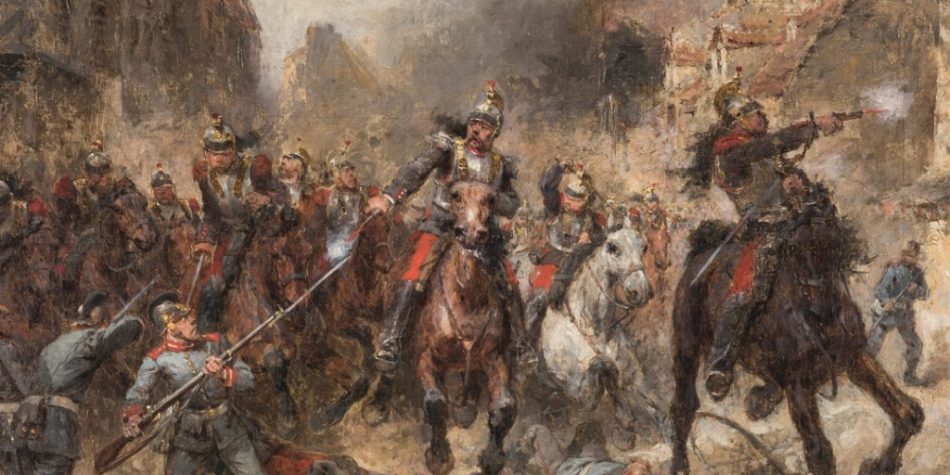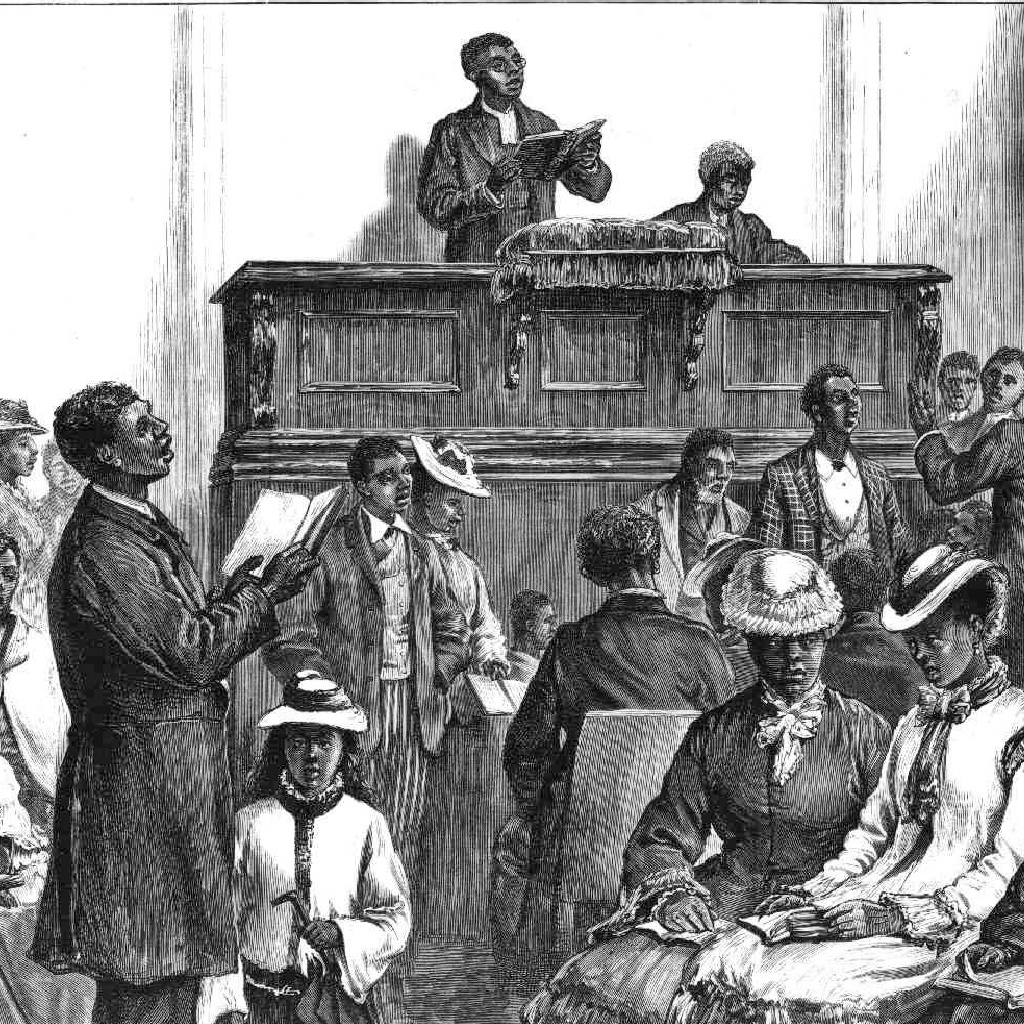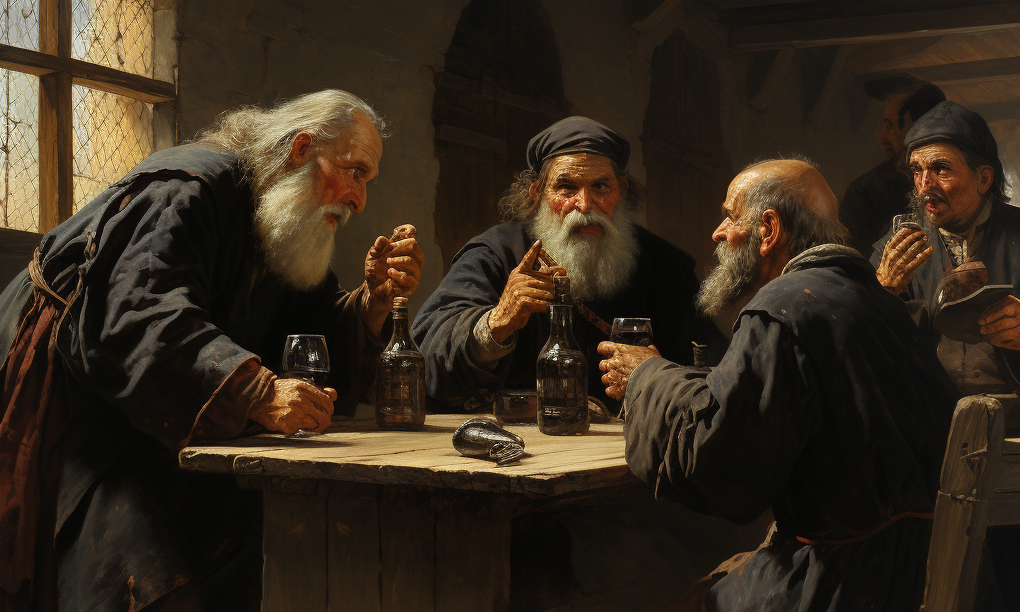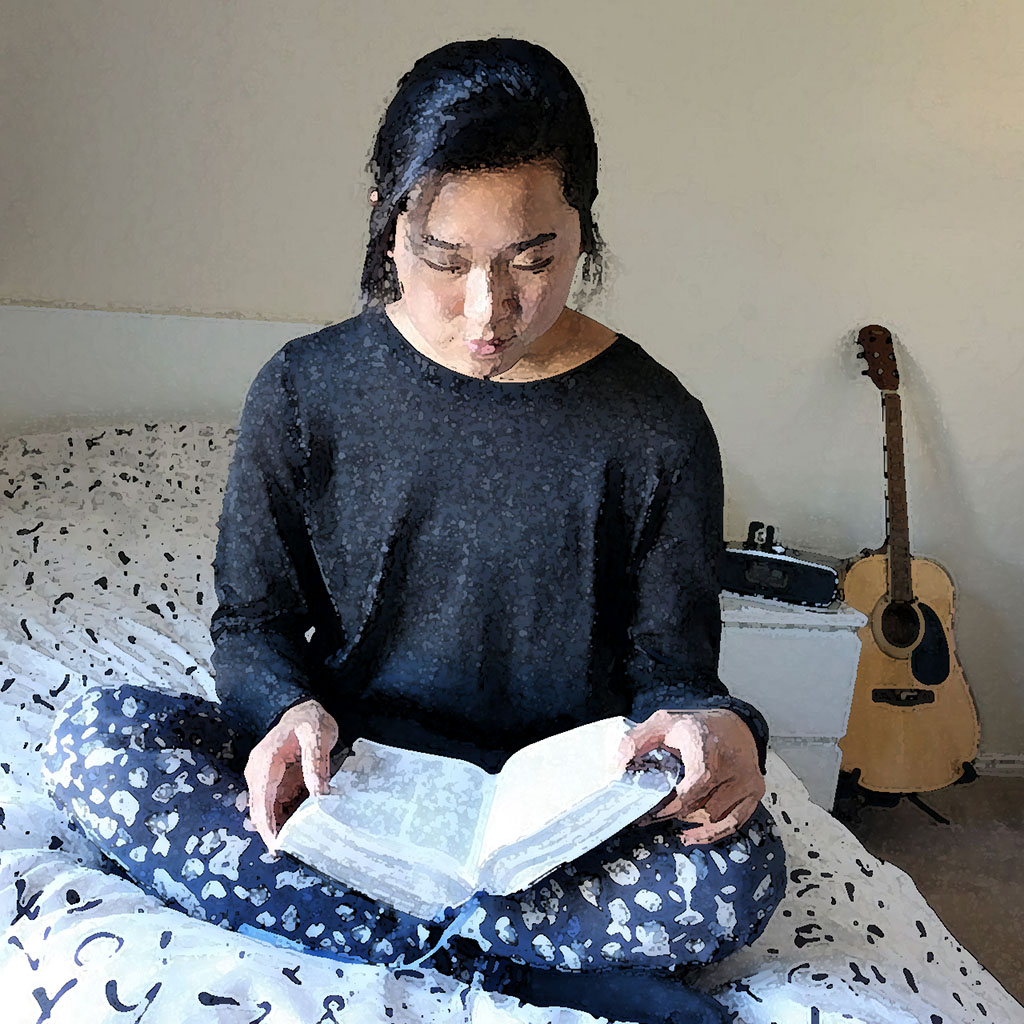In a recent article in The Atlantic, executive editor Adrienne LaFrance describes an increasing level of violence in American society, promoted by extremists at both ends of the political spectrum who seem intent on fomenting anarchy without any plan for what should replace the existing structures of government and community. Drawing on examples from the early twentieth century in the United States and in the 1960s to late 1980s in Italy, she identifies these factors that make society vulnerable to political violence:
- Highly visible wealth disparity
- Declining trust in democratic institutions
- Perceived sense of victimhood
- Intense partisan estrangement based on identity
- Rapid demographic change
- Flourishing conspiracy theories
- Violent and dehumanizing rhetoric against the “other”
- Sharply divided electorate
- A belief among those who flirt with violence that they can get away with it.
That list of factors seems to apply to the current situation in the United States. It is also reminiscent of times in the Book of Mormon when the rule of law was undermined, there was a clear dividing line between the rich and poor, high levels of violence were present due to conflicts and murderous gangs (the Gadianton robbers), and people gathered for protection into tribes as the government broke down. One of these violent eras occurred when the system of the judges—and thus the rule of law—was destroyed just prior to the great devastation accompanying the death of Jesus Christ (see 3 Nephi 7). Another such violent era occurred in the final years of the Nephite civilization when the warring armies of wicked people (both Nephites and Lamanites) fought battles in which tens of thousands were killed, and most of the Nephites perished (see Mormon 1–6). Because the Book of Mormon was written for us in our day, we can be warned that times like those, when society broke down, and violence reigned, foreshadowed conditions that arguably are beginning to occur today. Flee to Zion for safety.
The violence in these latter days was prophesied. The Come, Follow Me lesson for Genesis 6–11 and Moses 8 in the 2022 Old Testament year of study says:
When Jesus Christ taught how we should watch for His Second Coming, He said, “As it was in the days of Noah, so it shall be also at the coming of the Son of Man” (Joseph Smith—Matthew 1:41). In addition, phrases that describe Noah’s day, like “corrupt” and “filled with violence,” could just as easily be describing our time (Genesis 6:12–13; Moses 8:28).
In Doctrine and Covenants 45, the City of Zion, or the New Jerusalem, is prophesied to be built in the latter days. Indeed, we seek to build Zion in our hearts and lives in preparation for the time when the actual city will be built. The scripture says:
And the glory of the Lord shall be there, and the terror of the Lord also shall be there, insomuch that the wicked will not come unto it, and it shall be called Zion. And it shall come to pass among the wicked, that every man that will not take his sword against his neighbor must needs flee unto Zion for safety. And there shall be gathered unto it out of every nation under heaven; and it shall be the only people that shall not be at war one with another.
Too many these days are literally taking up their swords—their weapons—against their neighbors, even if those neighbors are innocently ringing the doorbell, getting into a car, or driving up the wrong driveway. American gun sales have surged among first-time purchasers, women, and people of color among fears of political and social unrest. People are purchasing guns to defend their homes, even though having a gun at home does not make a family safer—it makes them more, not less, likely to die by homicide.
And people are taking up their figurative swords—words—against their neighbors as social and other forms of media have been used for bullying, incitement to violence, and amplifying the words of extremists and anarchists in every setting from the family to the international scene.
The cycle of increasing fear and the escalating violence it feeds are the opposite of faith. The violence in our society should call us not to “take up [our] swords against [our] neighbors” but to “flee to Zion for safety” (see Doctrine and Covenants 45:67–69). We can do this now, even though the physical City of Zion is not yet available as a destination, by building Zion in the increasing purity of our hearts (see Doctrine and Covenants 97:21) and in our wards and stakes.
President Russell M. Nelson’s April 2023 General Conference message asks us to be peacemakers; trying to heal the conflict and contention in our lives and in society is one way of “fleeing to Zion” for safety. President Nelson’s message could be considered as inviting us to step back from constant fear or vigilance about the violence that others may commit to examine how we may be contributing to the atmosphere of fear and contention in our homes and in the wider world. The sword that we must refrain from taking up against our neighbor is not necessarily a literal weapon—attitudes and words can be as damaging as actions and can just as easily lead to violence. We are all the neighbors who can bind the wounds of others.
1. Avoid characterizing issues and people in terms of extremes. There is usually a moderate position or a common ground to be discovered that respects people’s experiences and allows them to respect ours.
2. Speak out against views that promote anarchy or undermine the rule of law, including tolerance of corruption or winking at behavior that undermines families and society.
3. Be a repairer of the breach and a restorer of paths (see Isaiah 58:12)—seek to heal the gap between violence and peace in our own lives, in the lives of those we love, and in the lives of our neighbors. Seek also to restore the literal paths that make up the planet Earth by helping to prevent or heal the violence that has been and is being committed against the environment.
4. Support common sense regulation of firearms and measures promoting safe gun ownership, such as universal background checks, safe storage requirements, higher minimum age requirements for gun purchases, and banning large-capacity magazines and bump stocks.
5. Support measures that decrease the gap between the rich and poor in our society and better the situations of the needy and vulnerable.
6. Support the increased number of temples in the world and the work that is done there. Perhaps the closest thing to a physical Zion at this time is a Latter-day Saint temple. A temple blesses the members of the Church in its area but also brings blessings to the place and people where it is located. As Latter-day Saints, we go to the temple to experience its peace—not to hide from the world but to take that peace with us when we return to our daily lives.
The answers to so much that is wrong with society involve healing and faith at the individual level—which is why I sometimes find myself, after watching the news, thinking, “Send the missionaries!” But we are all the missionaries; we are all the neighbors who can bind the wounds of others as the Good Samaritan helped the man who fell among thieves in the Lord’s parable (see Luke 10:25–37). We can be peacemakers; we can seek to repair the breaches we encounter and restore the paths where we walk as we journey toward Zion and its ultimate safety.
















